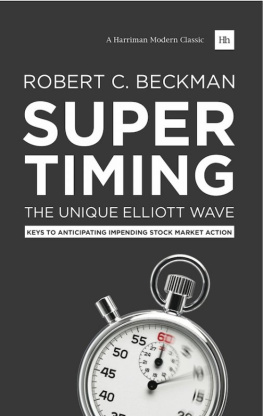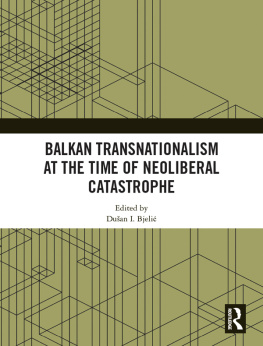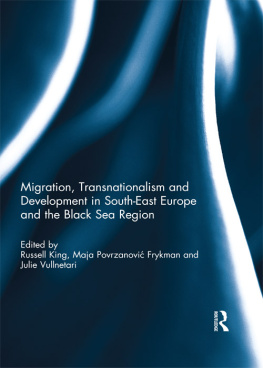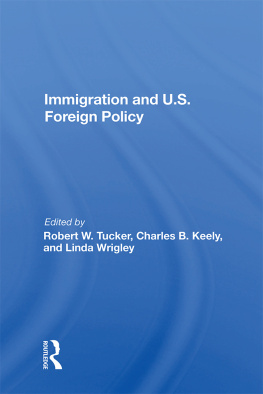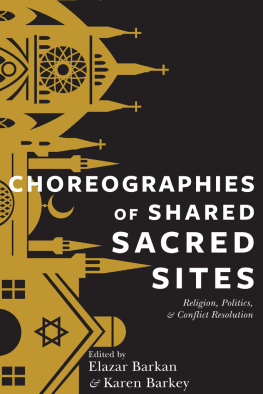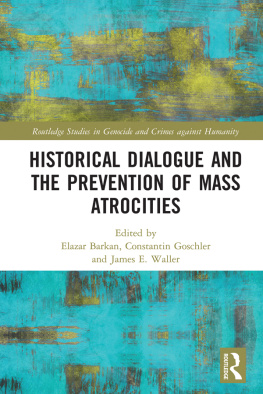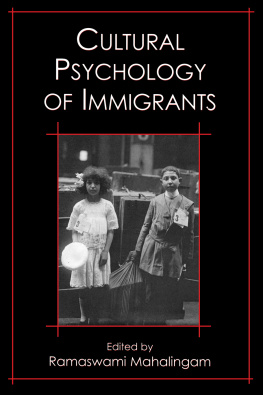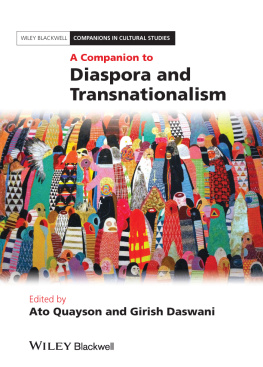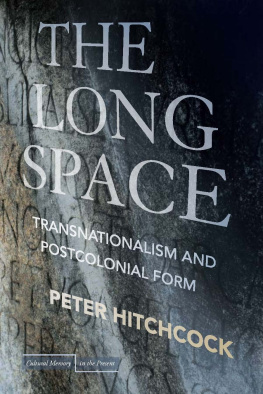Elliott Robert Barkan - Immigration, Incorporation and Transnationalism
Here you can read online Elliott Robert Barkan - Immigration, Incorporation and Transnationalism full text of the book (entire story) in english for free. Download pdf and epub, get meaning, cover and reviews about this ebook. year: 2007, publisher: Transaction Publishers, genre: Politics. Description of the work, (preface) as well as reviews are available. Best literature library LitArk.com created for fans of good reading and offers a wide selection of genres:
Romance novel
Science fiction
Adventure
Detective
Science
History
Home and family
Prose
Art
Politics
Computer
Non-fiction
Religion
Business
Children
Humor
Choose a favorite category and find really read worthwhile books. Enjoy immersion in the world of imagination, feel the emotions of the characters or learn something new for yourself, make an fascinating discovery.

- Book:Immigration, Incorporation and Transnationalism
- Author:
- Publisher:Transaction Publishers
- Genre:
- Year:2007
- Rating:3 / 5
- Favourites:Add to favourites
- Your mark:
- 60
- 1
- 2
- 3
- 4
- 5
Immigration, Incorporation and Transnationalism: summary, description and annotation
We offer to read an annotation, description, summary or preface (depends on what the author of the book "Immigration, Incorporation and Transnationalism" wrote himself). If you haven't found the necessary information about the book — write in the comments, we will try to find it.
Immigration, Incorporation and Transnationalism — read online for free the complete book (whole text) full work
Below is the text of the book, divided by pages. System saving the place of the last page read, allows you to conveniently read the book "Immigration, Incorporation and Transnationalism" online for free, without having to search again every time where you left off. Put a bookmark, and you can go to the page where you finished reading at any time.
Font size:
Interval:
Bookmark:

Incorporation &
Transnationalism
Incorporation &
Transnationalism

2 Park Square, Milton Park, Abingdon, Oxon OX14 4RN
711 Third Avenue, New York, NY 10017, USA
Product or corporate names may be trademarks or registered trademarks, and are used only for identification and explanation without intent to infringe.
Includes bibliographical references.
ISBN 978-0-7658-0386-3
1. Assimilation (Sociology). 2. Transnationalism. 3. United StatesEthnic relations. I. Barkan, Elliott Robert.
304.8'73dc22 2007006106
ELLIOTT R. BARKAN
NANCY FONER
CHRISTIANE HARZIG
VAL JOHNSON
ROGER DANIELS
DIANE VECCHIO
ROLAND L. GUYOTTE AND BARBARA M. POSADAS
DEBORAH DASH MOORE
SHARRON P. SCHWARTZ
CAROLLE CHARLES
GUILLERMO J. GRENIER
ESTER E. HERNANDEZ
LOUISE CAINKAR
SUZANNE M. SINKE
KATHERINE M. B. OSBURN
MATT OBRIEN
Font size:
Interval:
Bookmark:
Similar books «Immigration, Incorporation and Transnationalism»
Look at similar books to Immigration, Incorporation and Transnationalism. We have selected literature similar in name and meaning in the hope of providing readers with more options to find new, interesting, not yet read works.
Discussion, reviews of the book Immigration, Incorporation and Transnationalism and just readers' own opinions. Leave your comments, write what you think about the work, its meaning or the main characters. Specify what exactly you liked and what you didn't like, and why you think so.



